Ophelia moved down the shadowed streets with a pace as sharp as the pangs in her chest.
Her anger grew again. She understood the white. It was easy to clean, easy to make and repair. She understood the usefulness and utility to the color. But it was the combination of red and white that made her livid.
She already didn’t feel like she belonged in the city. Even without her peculiar career choice, the sight of her was enough to turn people. She hated it when people stared, like their eyes were red-hot pokers prodding and burning their scorn onto her being. Before the Manchester’s really took her on, other families tried to claim her. They’d buy her nice things and parade her around.
A look-who-I-have, followed by a grin that sneered and threatened; and-if-you-don’t-do-as-I-say, -I’ll-make-sure-you’re-never-found.
Then they’d make some sort of gesture towards Ophelia, who they had dolled-up in white and red. They would use her as a reminder.
White and Red.
Bones and Blood.
Cross us, the colors would declare, and that’s all there will be left of you.
Thinking on that now, as Ophelia pulled the over-cloak tighter around her form, was the absurdity of it all. Hiding bodies was not a profession made by Ophelia. Before her, those who could wield fire or some other myriad of ways to dispose of a body were employed. What she did was not novel, but rather how. Hers had the most beautiful outcome. Of all the terrible things, at least she could hang on to that. She made them flowers in the end. The others left ash, and soot, and some, left nothing.
Ophelia felt this was the greatest injustice postmortem. What little was left of their existence, the other cleaners kept erasing. Ophelia tried to give them one last hurrah, one last real meaning in life.
She turned off her road and into the main thoroughfare.
Though above her was a stone ceiling, the middle layer was spacious. The buildings towered and arched. Gigantic supports looked like the bones of a rib supporting the weight of the Vista. At this thought, Ophelia eased a little.
The face of a smirking Mavus moved into her mindscape. He sat across her taking a slow slip of tea. He huffed and concealed a laugh.
“Did I say something amusing?” She had asked him that day some long months ago.
“You said they looked like ribs,” he turned moss green eyes up to her. “They’re called ribbed vaulting. I am amused in that respect.”
Ophelia lifted her head up the gigantic column. Twirling wires of lanterns danced before her as the coastal breeze ripped through. It howled and sang as the wind dampers directed the air around the level. It circulated through to the back of the layer, where the sunlight and air was at its worse. With it came the sting of salt air.
It tickled Ophelia’s nose and she wished then she had her mask on.
She moved down the road, dwarfed by the towering buildings. All around her there was life, though none of it was green. Giant, colorful stained glass windows lined the first few rows in the middle layer, but by the time the light had passed through, it was better left to the giant bronze mirrors to reflect down the expanse.
In lieu, the denizens of the backing districts painted the stones. Some were simplistic and child-like, but every once and awhile, a section of building would be overcome with painted clouds or rolling meadows of flowers. She liked those buildings most of all.
When she was without a job, Ophelia would weave through the alleys and buildings in search of a new meadow. There was a certain and inexpiable joy in finding one unseen by others. That and she was always on the hunt for a sign of plant life that was too stubborn to understand it was surrounded by rocks, and stone, and people. She felt particularly fond of those plants. Ophelia pried them from their corners and took them back to her cottage.
They had fought hard enough, she would tell herself, and it was time they were shown kindness.
Ophelia moved aimlessly for a few blocks before she finally realized where she was. Past the baker who had opened his ovens to residents to use the residual heat for the day, past the textile shop where a woman sat rocking in her chair as methodically as she crocheted, and far beyond the bounds of her normal shopping ventures.
Across the street, a man climbed a ladder up the side of the building. They reached their hand towards the hanging lantern and with a flick of their fingers, a flame burst alive. The man then climbed down as if his magical fire was as normal as striking a match.
She watched for a moment as the flame danced, before noticing the sign that started to sway in the circling sea-breeze. The tavern.
Ophelia chirped.
It had been too long since she’s had a good drink, she thought; and crossed the street.

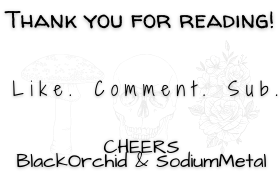
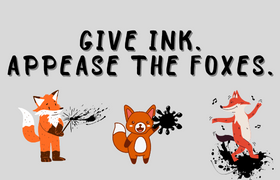
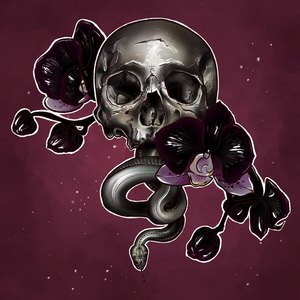








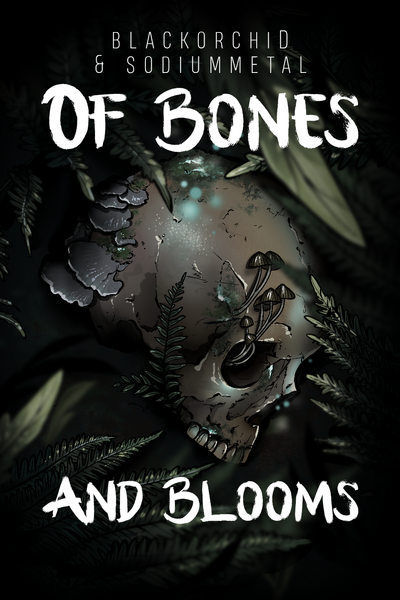
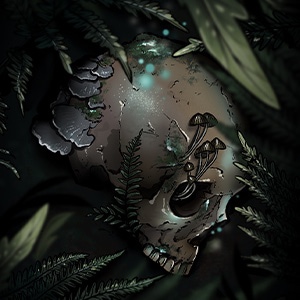
Comments (4)
See all